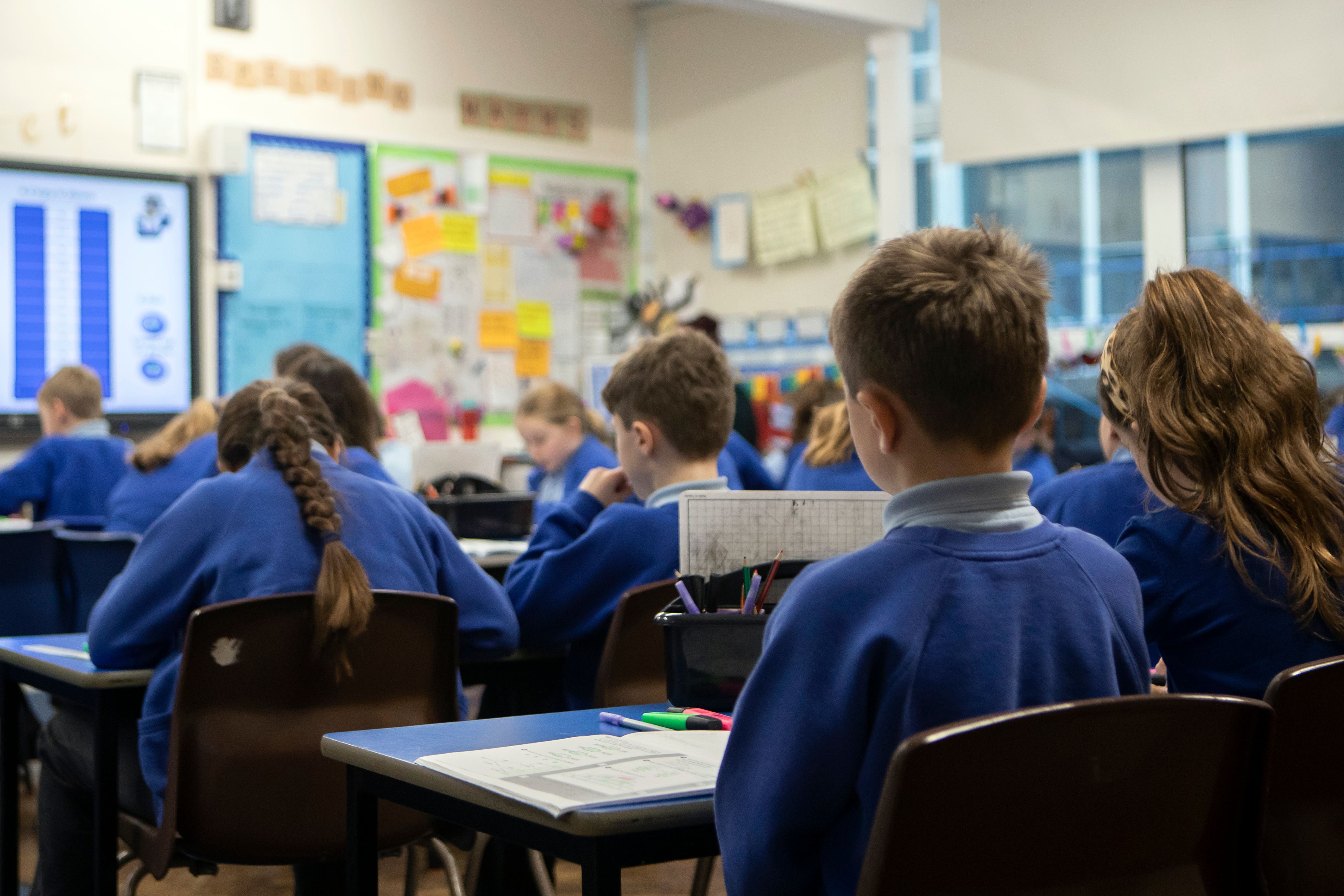Of course parents should be called out for their kids’ bad behaviour
Former Ofsted chief Michael Wilshaw believes parents should face consequences if their children behave badly at school. He’s right, writes Will Gore


We appear to be living in dark days for British children. Last month, a report by The Children’s Society suggested that kids in the UK faced a “happiness recession”. And now, a YouGov survey suggests that bad behaviour among school pupils is getting worse, with almost a third of teachers expecting a decline in student conduct this year.
For those on the frontline, especially those trying to teach physics to a baying mob, figuring out how to respond is a difficult task. That said, Ofsted’s former chief of inspector, Michael Wilshaw, seemed to point the finger squarely at parents in his response to the YouGov findings.
Teachers, he suggested, should not have to put up with “disruptive and unruly students on a regular basis”, and school leaders “must not be intimidated by unsupportive and sometimes aggressive parents who have often failed in their duty to teach their children the importance of respect and simple good manners”. Ouch!
Wilshaw went on to suggest that teachers ought to feel within their right to “tell a parent they’re a bad parent and a bad example to their children”. You can imagine that going down well in the playground on a rainy Monday morning...
He has a point, however.
We have – with very good reason – become a more accountable society in the last 30 years. When it comes to schooling, we demand top results, constant transparency and communication, and we want all teachers to be lovely to our little darlings.
This is all for the good, but only if parents acknowledge that they have a role to play too – and that sometimes, their little darlings aren’t quite so darling, nor perhaps quite so little. And when a teacher calls out bad behaviour, the response should be to tackle your child and their nine-hour-a-day Minecraft habit; not complain to the school. Yet is the latter route which is all too often taken.
According to a recent TES (formerly known as the Times Educational Supplement) investigation, 80 per cent of school leaders had seen a rise in the number of vexatious complaints they were receiving. And sure enough, every school has them: the parent who constantly grumbles that teachers are being unfair towards their devil child – when everyone knows that the kid has been a classroom nightmare since day one (just as they were at the three other schools they tried).
What’s more, whereas 20 years ago a complaint might remain a matter between parent and headteacher, in the age of social media, a disagreement about a school’s behaviour policy can become the start of an activist crusade. The class WhatsApp group becomes the first port of call, but for some unhappy parents it’s only a short hop to angsty YouTube videos or TikToks. No wonder so many schools have had to issue advice to teachers on how to deal with social media crusades against them. And the parents wonder why Dear Damian and Helpless Hecate don’t seem to understand boundaries!
With many teachers feeling they would rather leave the profession than put up with it all, it’s little surprise that someone with Wilshaw’s experience should be so stinging in his rebuke to unsupportive parents.
Inevitably though, the situation is not as cut and dried as all that. For one thing, teachers should – within reason – be accountable to parents. They may be under-resourced and under pressure, but that does not make teachers immune to legitimate questions, even criticism, as long as it’s in the right forum. And when a teacher’s immediate response is to be defensive or to refuse to engage properly with a complaint, that hardly inspires confidence.
What’s more, while parents could do with being more understanding of the burden faced by teachers, the same might well be true in the other direction too. Parents now more than ever are pulled in myriad directions – by work, by their children, by other caring responsibilities – and are trying to navigate an ever more complex, more challenging world. Every parent has a blind spot or two, but the overwhelming majority of us are trying our best.
In any case, at the heart of all this is the children – messed up by Covid, landed in it by Brexit, and pummelled by a cost of living crisis for good measure.
Not every parent is perfect; nor is every teacher. But placing the blame for unruly children on one another is no recipe for improving things. If the lot of Britain’s kids is to get better, parents and teachers have to work in unison.
Will Gore is a former executive editor of The Independent. He has written on a wide range of topics, including politics, the media, cricket and nature – and currently writes a weekly column, ‘Tracking Back’, which reflects on memorable journeys and ideas of place. He is head of Partnerships & Projects at the National Council for the Training of Journalists
Join our commenting forum
Join thought-provoking conversations, follow other Independent readers and see their replies
Comments
Bookmark popover
Removed from bookmarks